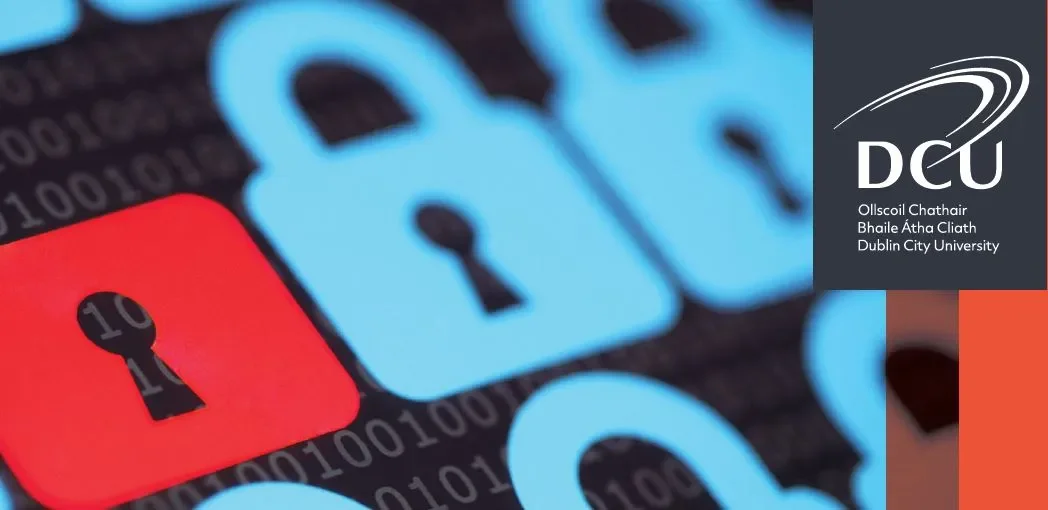

New Masters in Data Protection and Privacy Law to help business thrive under EUs Data Protection Rules
DCU launches its new MA in Data Protection and Privacy Law with the support of the Irish Computer Society. This unique degree brings together Law and Computing graduates to understand the legal challenges and technical solutions for safely handling data in the modern era. Business activity today is increasingly data-driven and behind buzzwords like “Big Data”, “Artificial Intelligence (AI)” and “Analytics” large amounts of data is being handled and processed. Failures of data safety within the IT industry has led to scandals such as Cambridge Analytica and there is an increasing need for expertise to professionally handle data.
The EU General Data Protection Regulation (GDPR) is designed to protect data privacy rights and harmonise data protection law across the EU. The GDPR has changed the way in which personal data must be collected, stored and processed and nearly all businesses have been affected. There is a widespread shortage in skills in this area with the Irish Data Protection Commissioner reporting over 4,000 GDPR-related complaints in the first year of it being in force (since May 2018). A key company role mandated by GDPR is the Data Protection Officer, a board level post that oversees data protection in an organisation. The graduates of DCU’s new programme will be ideally suited for this role. Jim Gregg, Head of Corporate Sales at the Irish Computer Society, spoke at the launch of the programme on the importance of the role of Data Protection Officers.
In building the new programme, DCU has leveraged its world leading data governance research within the Science Foundation Ireland ADAPT Centre for Digital Content where staff study data management, data ethics and AI. The DCU School of Law and Government will provide advanced expertise in EU data protection law and International data privacy law. The new course will offer both part-time and full-time options, as either a 2 year or 1 year course respectively. Enrolment is through the postgraduate applications centre (www.pac.ie) with course codes DC786 (full-time) and DC787 (part-time).
Professor Rory O’Connor, Head of the DCU School of Computing, said
“This is an exciting collaboration between computer scientists and legal experts in Ireland that shows DCU leading European education and supporting local and international companies that want to harness the new opportunities provided by GDPR."
Professor Iain McMenamin, Head of the School of Law and Government, affirmed
“Today the job market requires increasingly multiskilled workers. Lawyers working in the field of digital technology should have a minimal knowledge of computing and computer scientists should be able to understand digital law and policies. Our new interdisciplinary masters aims to educate a new class of digital experts".
The programme will be chaired by Assistant Professor Rob Brennan from the DCU School of Computing. Speaking of the launch he said:
“GDPR means companies must understand their data and why they are collecting it – we will provide our graduates with the knowledge to design systems that can leverage this for business advantage as well as compliance.”
Dr John Quinn from the DCU School of Law and Government, one of the original proposers of the programme, said that
“There is an ever-increasing demand on legal professionals to be familiar with emerging technologies. This is most evident in the field of data privacy given the importance and value of personal data and the introduction of the GDPR. Graduates of this programme will be leading experts in both the technical and legal aspects of data protection.”

L-R: Rob Brennan, Chairperson, School of Computing, John Quinn School of Law and Government, Jim Gregg Irish Computer Society
For more information about the programme, visit https://www.dcu.ie/courses/Postgraduate/law_and_government/MA-Data-Protection-Privacy-Law.shtml
